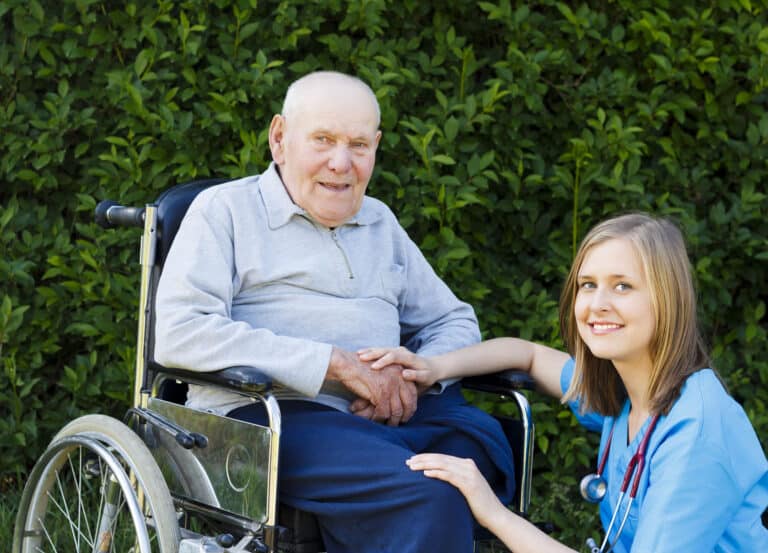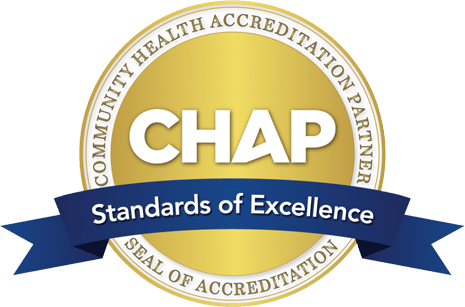Facing an amputation can be a challenging and emotional journey for both you and your loved one. Whether due to diabetes complications or other health conditions, the road to recovery requires a combination of medical guidance, emotional support, and practical resources.
One key aspect of ensuring a smoother transition and maintaining quality of life is exploring options like disabled adult care services. With the right support system in place, your loved one can regain independence, adapt to daily life, and focus on healing.
Along with disabled adult care, here are some essential tips to help with recovery and prepare for the future.
Recovering from an Amputation and Disabled Adult Care Services
Your loved one’s doctor will provide plenty of instructions for your loved one once she is ready to head home to complete her recovery. She will need help at the beginning and may end up needing permanent help around the home from disabled adult care providers, but let’s start with those first few weeks of recovery and what steps she should take for a smooth recovery.
Medication Management
If your loved one had to stop taking some medications before surgery, the doctor will let her know when she can start back up. She will most likely have some pain management medications prescribed to her as well. Make sure she understands what to take and when to prevent any misdosing.
Activity
Some activities like driving may need to be avoided for a while, if not permanently. Other activities like showering or bathing will need adjustments and she might need help with navigating the bathroom safely at first.
Getting safe exercise will be an important part of her recovery. If she is active, the remaining foot or leg will heal faster.
Eating
Your loved one should be able to eat normally after she returns home. If pain medication causes stomach upset, she might want to stay on a fairly bland diet at first, but if he stomach can take it, she can eat whatever she normally eats.
If your loved one was on a restrictive diet before (such as low sodium or low fat), she should resume that diet as well to maintain her health.
Surgical Sight Care
The doctor will provide specific instructions on how to care for any bandages or dressing in the area. It’ll be important for your loved one to stay on top of her surgical sight, which can be difficult for many elderly people.
It might be hard to reach down to care for it well or see it close enough to notice any issues that have developed. She might even struggle with keeping it washed and cleaned. Prepare for her to have some help.
Staying Independent after Recovery from an Amputation with Disabled Adult Care
Your loved one might benefit from having someone come to the home to provide disabled adult care once her surgery has recovered. She’ll need to relearn how to navigate her home and perform some tasks around the home. She might find there are activities or tasks that she no longer feels safe doing on her own. That’s where a disabled adult care provider can step in.
Her disabled adult care provider will work with her to find out what areas she needs the most help in. Perhaps it’ll be centered around transportation or home care. It could involve shopping as well as meal preparation. The goal of disabled adult care is to help your loved one remain independent by providing support in the areas she needs it the most.
If you or an aging loved one are considering Disabled Adult Care in Bradenton, FL, please contact the caring staff at Family First Healthcare Services today at (813) 461-8000.
Family First Healthcare Services is a top provider of in-home health services in Tampa, Bradenton, Brandon, Riverview, Lakeland, Winter Haven, Haines City, Lakewood Ranch, Palmetto, Town ‘n’ Country, Florida, and surrounding areas.
- Three Types of Vision Loss in Seniors - May 7, 2025
- Managing Osteoarthritis with Physical Therapy - April 28, 2025
- Peptic Ulcer Disease and Your Senior - April 9, 2025


